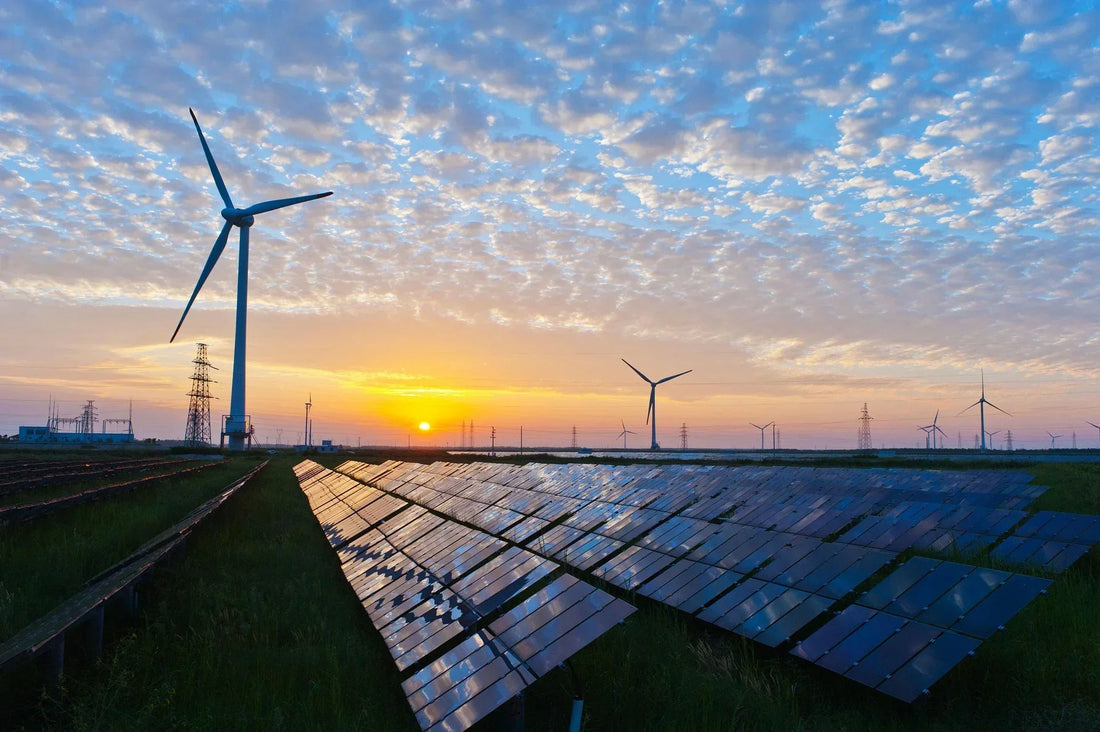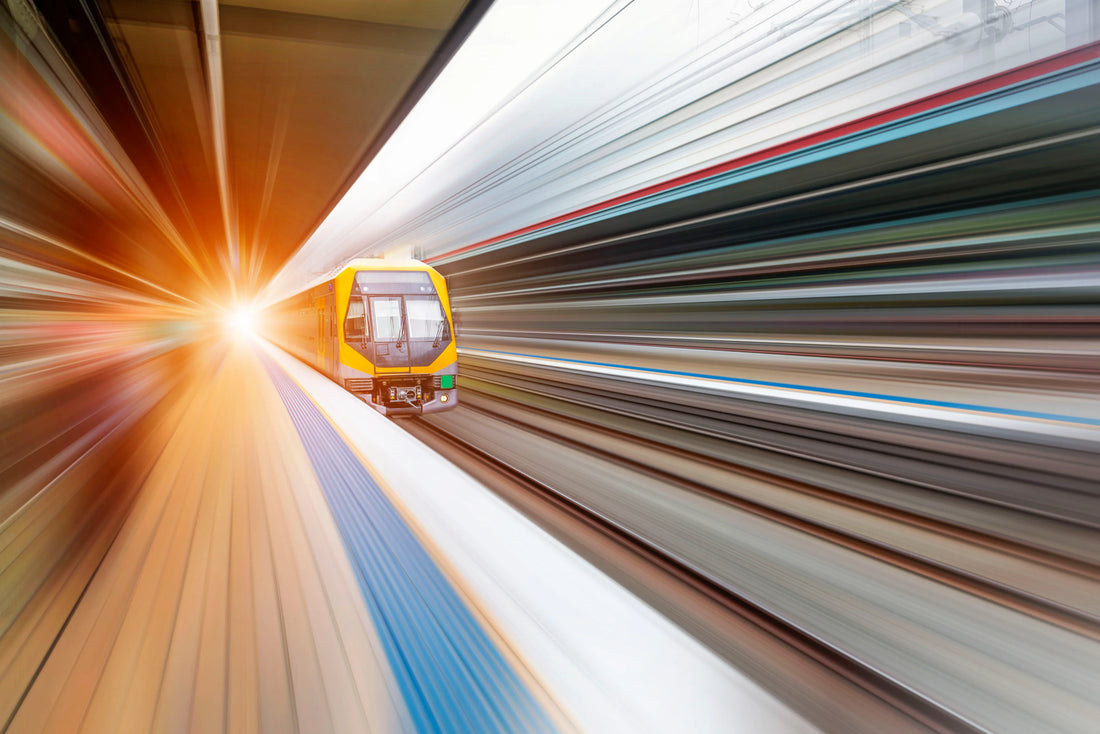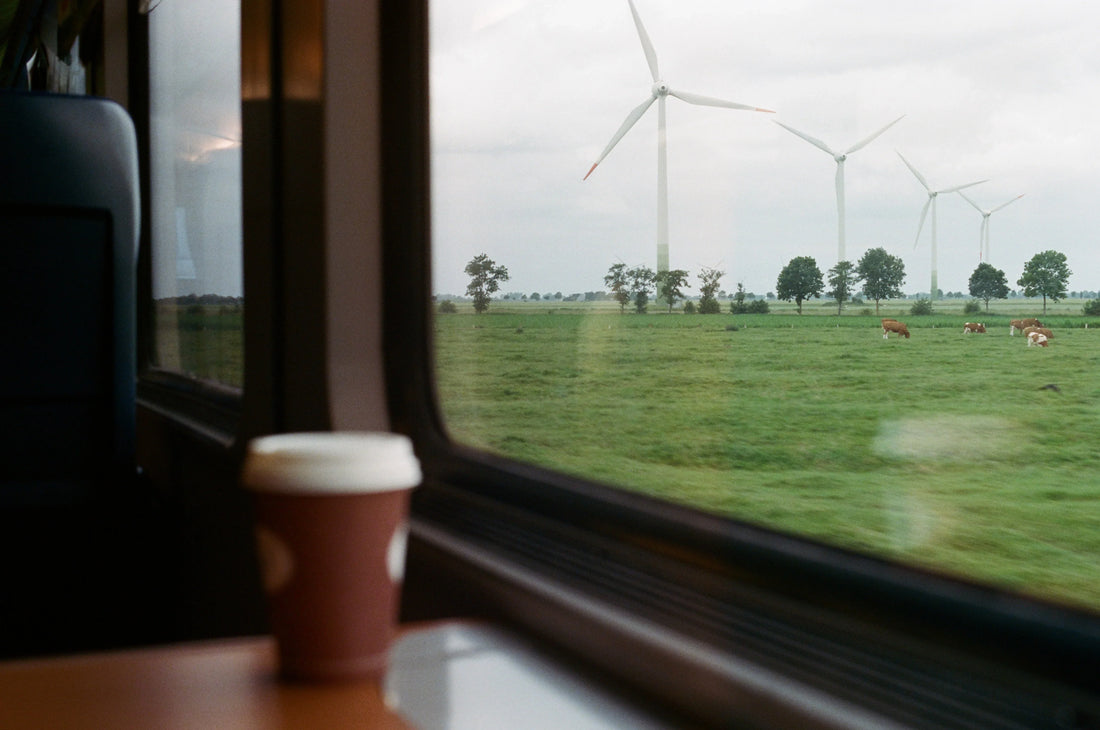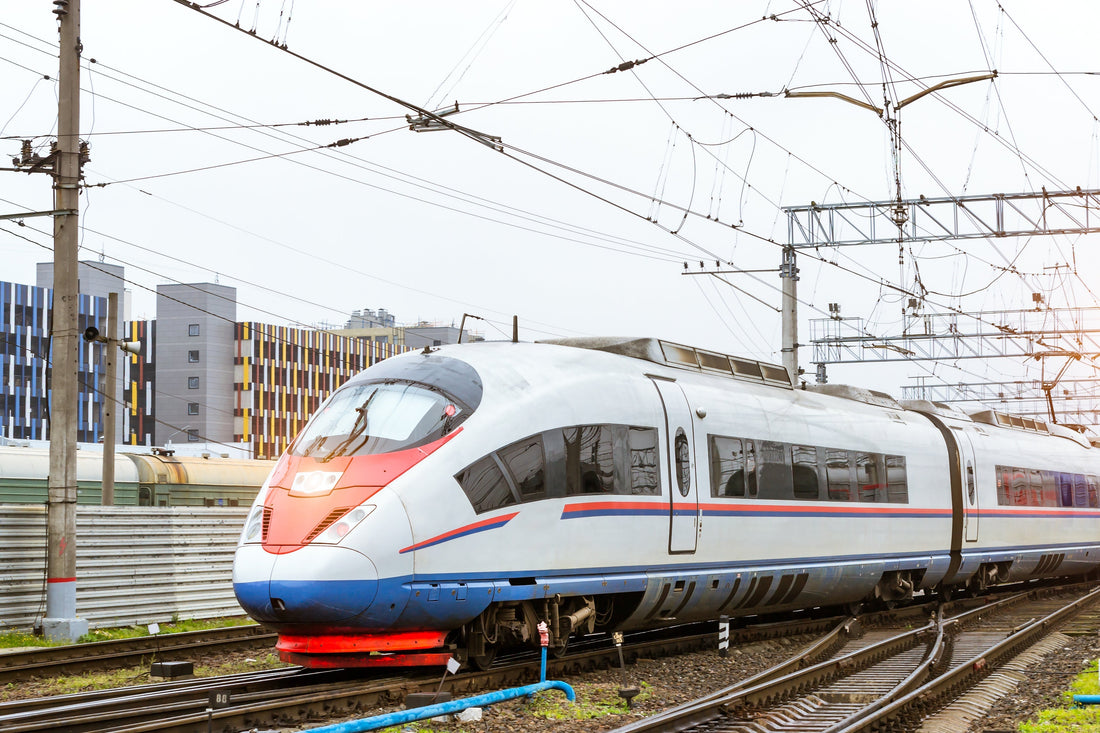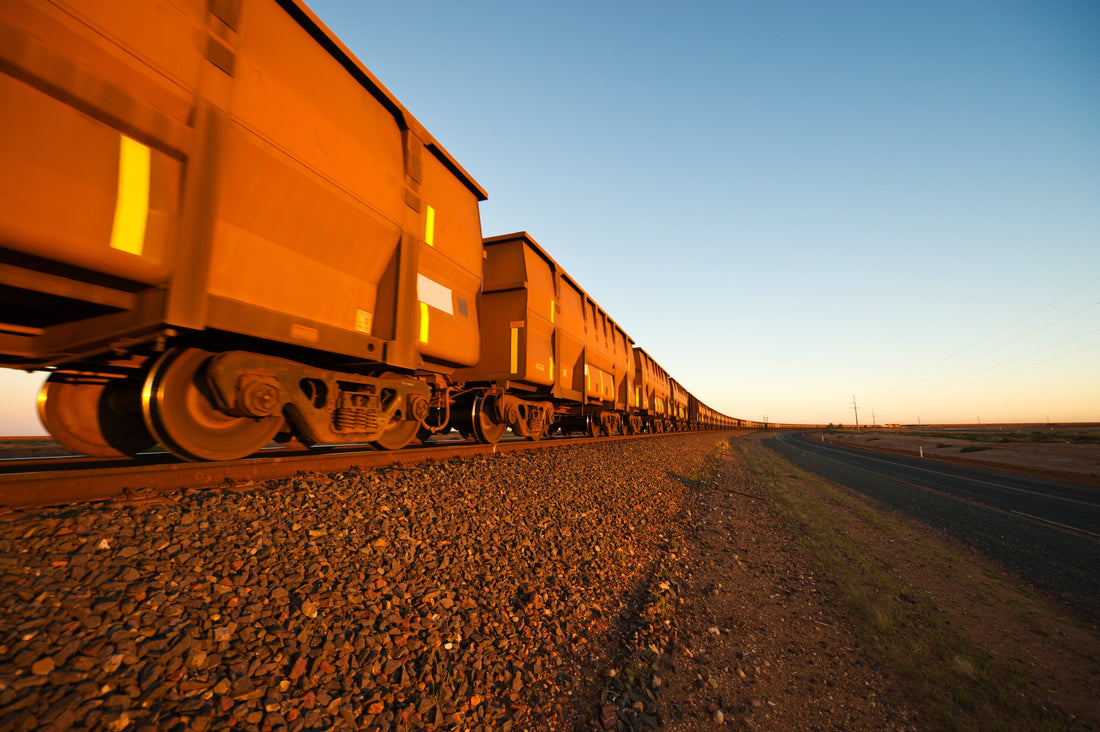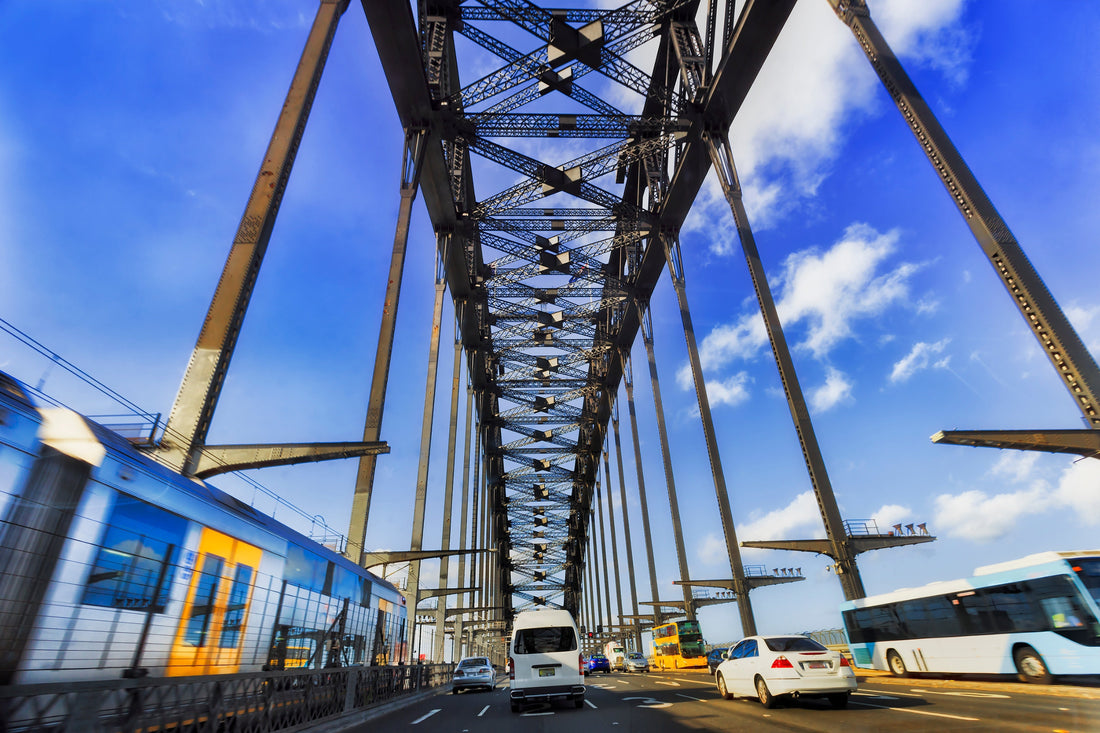Rail is a smart, sustainable, and efficient way to move freight and people. Trains promote economic growth, cut greenhouse gas emissions, and are a compact, clean way to move millions of tons of goods and millions of passengers across continents, countries, and cities.
While there are definitely some challenges when it comes to implementing rail in some countries (where reform is needed in the way that railroads are financed and organised), rail transport is particularly useful for both urban and inner-city settings.
Rail provides numerous advantages for developing countries, ranging from social to environmental. It’s also one of the best options for public transport, based on the amount of fuel and emissions per passenger, the number of passengers carried, reduced road accidents, lower costs, increased safety, reduced use of land, increased speed, and more.
Physical connectivity between rural and urban areas is essential for economic growth in developing countries. Close to 20% of the money lent to developing countries from the World Bank is for transportation infrastructure projects. This is more than social services, health, and education combined. Improved mobility is an important factor for reducing poverty, and allows people from rural areas to commute to urban areas with greater employment opportunities.
It can be difficult to measure the economic benefits of rail due to the potential spillover effects. For example, areas without rail could see transport costs fall when a close neighbouring area gains access to rail. Or, the area with rail access could see increased prosperity and therefore greater demand for products in neighbouring areas.
One example of how rail can provide massive benefits for developing countries? The Lamu Port and transport corridor. Once the project is complete, the LAPSSET railway will run through Cote d’lvoire, Ghana, Togo, Benin, Nigeria, and Cameroon, connecting to the Douala-Lagos-Cotonou-Abidjan Corridor in West Africa.
This project is a major contributor to a prosperous, peaceful, fully integrated Africa by 2063 (the vision of the African Union). Since 2012, more than 5,000 jobs have been created. Once the project is complete, transport links between countries in the region will be greatly improved. This will promote economic development throughout the region, along with socioeconomic development along the transport corridor.
While vehicle ownership rates are lower in developing nations than wealthy ones, they lead to much worse air pollution and traffic congestion. Populations are increasing and motorisation rates are skyrocketing, which is stretching already limited infrastructure. Rail is one of the most cost-effective and greenest transportation option available. The challenge for developing countries? The massive cost of building the infrastructure in the first place.
Another key challenge? Many of the railways in developing country rely on fossil fuels. Diesel, in particular, is hugely volatile and continues to rise in price, making rail travel more expensive. Diesel is also a massive contributor to climate change. By switching to cleaner power sources, developing countries can enjoy all the benefits of rail, without the expense and pollution associated with non-renewable resources.
Does your company need to make a change to a greener power solution? Get in touch today to learn how we can help.
















